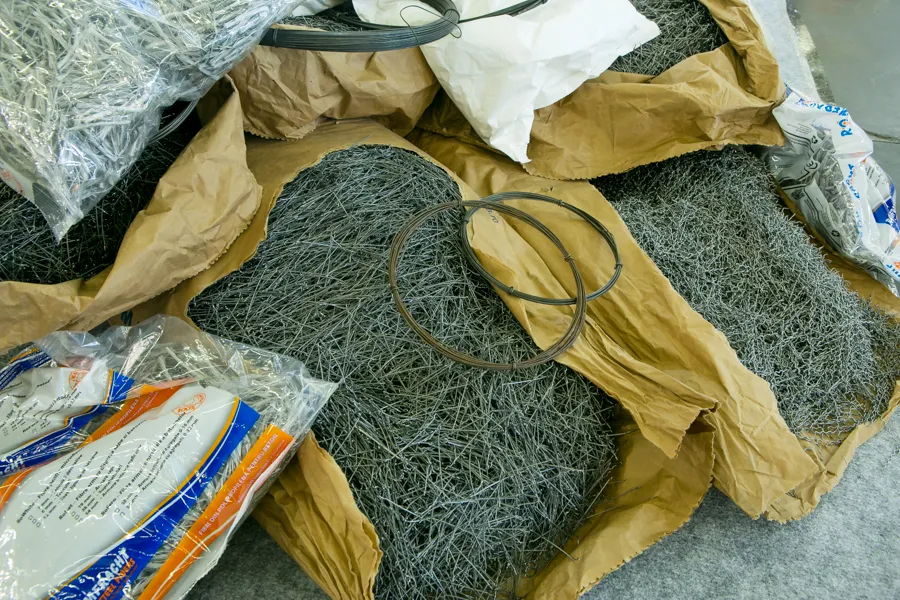FEHRL, the partnership organisation for national road research centres, has established a new road infrastructure innovation forum. This is intended as a focus for road innovations that can then be developed through FEHRL’s Infravation and related programmes. This portal is not for research proposals but is instead intended to aid in identifying the possible impact, benefits and time to delivery of innovations for road construction and maintenance as well as possible applications for other modes. The Infrav
July 15, 2013
Read time: 2 mins








